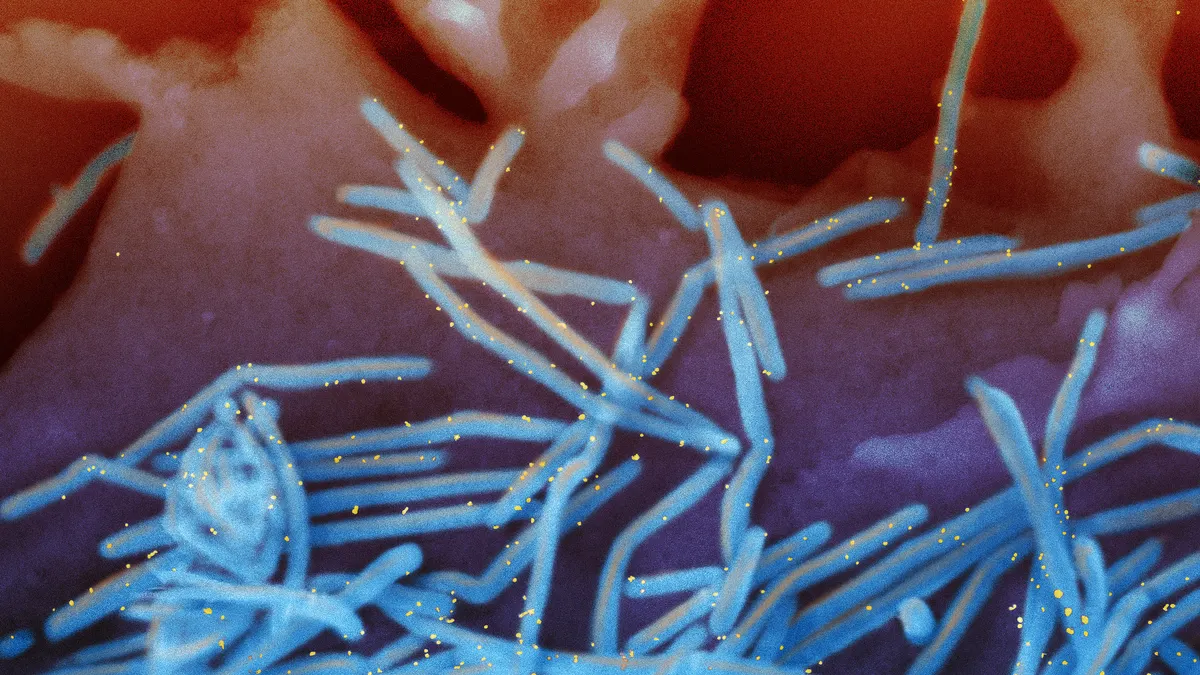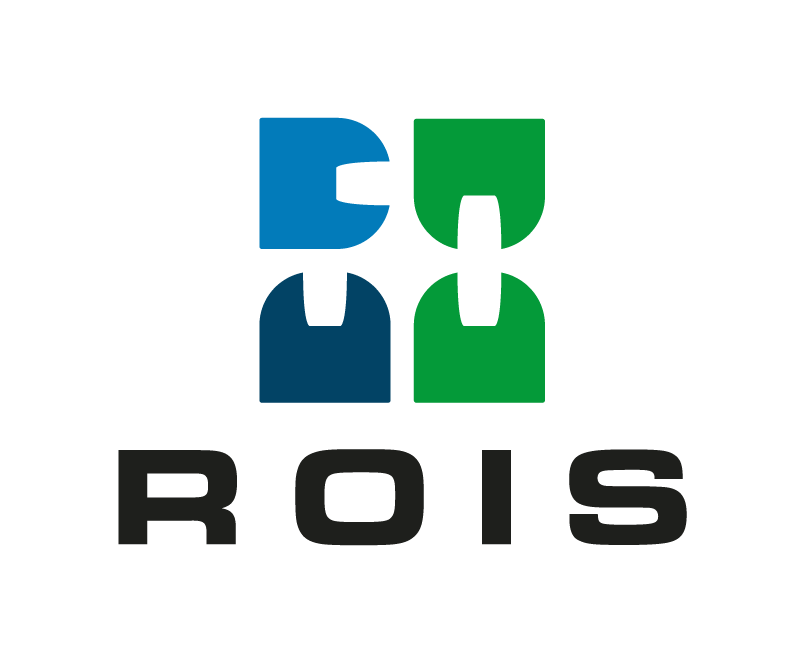Dive Brief:
- Vicebio, a London-based biotechnology startup, has raised $100 million in Series B financing to continue developing a technology it claims has the potential to produce potent vaccines that are easy to manufacture.
- The Series B round announced Monday was led by new backer TCGX and involved Goldman Sachs Alternatives, Avoro Ventures and founding investor Medicxi, among others. The new funds will help advance a portfolio of vaccines for respiratory infections, led by a combination shot for respiratory syncytial virus and human metapneumovirus that recently began Phase 1 testing.
- Vicebio says its technology, dubbed “molecular clamp,” has the ability to target viral proteins in their “prefusion” shape, before they’ve latched onto cells. In an interview with BioPharma Dive, CEO Emmanuel Hanon said this approach should lead to a bigger immune response and enables Vicebio to bypass a cumbersome part of the manufacturing process, making the startup’s shots potentially more cost-effective to produce.
Dive Insight:
Despite the pullback in demand for COVID-19 vaccines, there remains substantial need for new weapons to combat respiratory infections.
In the last year, for instance, GSK, Pfizer and more recently Moderna have all brought to market shots for RSV, a common virus that can cause serious illness in infants and the elderly. Large pharmaceutical companies are also investing heavily in vaccines that are meant to improve upon existing shots for influenza and pneumococcal disease. They see opportunities in combination vaccines, too, given the seasonal overlap of several lung infections.
Vicebio believes its technology can tap into those opportunites, while addressing some of the weaknesses of available vaccines. The company is targeting a broad range of respiratory viruses, among them the parainfluenza and human metapneumoviruses viruses that don’t have available shots. It also claims it can develop an RSV shot with broader coverage than the marketed versions, while being available in a single, pre-filled syringe instead of multiple vials that must be reconstituted prior to administration.
The goal is to develop “the most cost-effective vaccine, with the objective of getting preferential recommendations by public health authorities,” Hanon told BioPharma Dive.
Research remains early, however. Its first prospect, dubbed VXB-241, won’t produce Phase 1 results until next year. The company will also use its funds to advance a trivalent vaccine targeting RSV, human metapneumovirus and parainfluenza virus 3 into clinical testing. Hanon did say, however, that because of lower production costs, the company can “spare a lot of capital money that is usually needed quite early in development.”
The current financing could get Vicebio to the precipice of Phase 3 testing, he said.
TCGX managing partner Cariad Chester joined the company’s board in conjunction with the new round. So have Goldman Sachs managing director Colin Walsh and Mark Chin, a partner at Avoro Ventures.
















